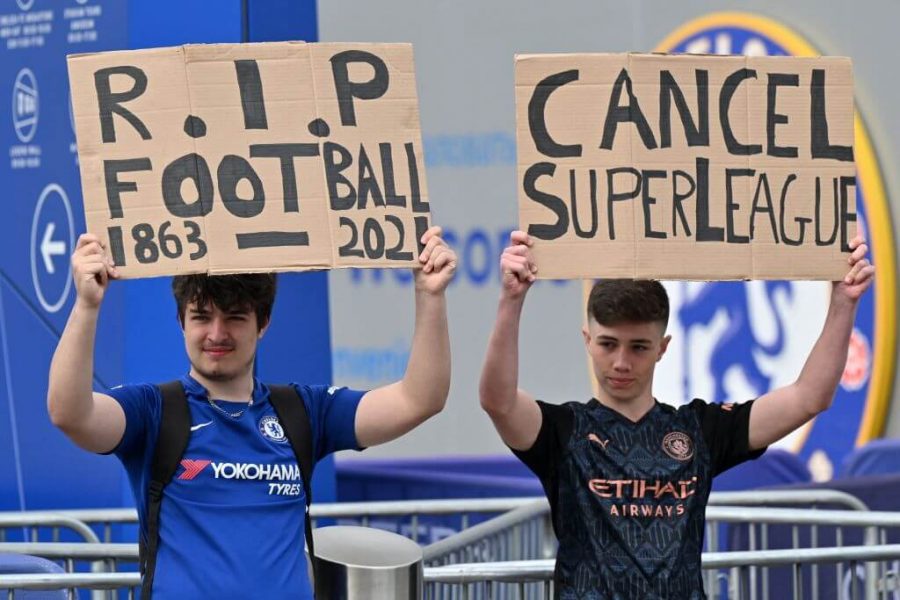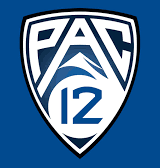The Rise and Fall of the European Super League
May 10, 2021
After years of chatter and planning, twelve of the biggest clubs in European soccer announced their plan to breakaway from the Champions League and form their own continental tournament: the European Super League. However, this new league received criticism and backlash from all around the world and plans for the league crumbled within the next two days.
The current tournament for the top clubs in Europe is the Champions League, where thirty-two of the best teams from various national leagues compete for the title of best club on the continent. In order to participate in the Champions League, clubs must qualify for it each year by placing in the top several positions of their league the previous year.
This new Super League unlike the Champions League seems to buck the whole idea of participation in the tournament based on merit, and instead rewards historical greatness. The idea was that fifteen of the biggest (and richest) clubs would be known as the Founders, and they would qualify for this competition every year, regardless of performance. Five additional teams could qualify each year based on merit.
When plans were announced, it was pretty clear that this was a blatant money grab by these clubs. The most money is made when the biggest clubs play each other, something that only happens several times a year currently. If there was a new league where every game was a “big game”, then clubs would be raking in much more money.
It wasn’t just this transparent greediness that was so upsetting, fans and players alike protested that they were losing their clubs, the competitive spirit, and integrity of their sport. Chelsea and Liverpool fans held large protests outside stadiums. Players posted on social media their disgust for the new tournament.
The organizations who ran the leagues clubs were were not surprised at the effort to break away. FIFA and UEFA, the governing bodies for international and European soccer respectively, were furious and refused to grant the necessary permission to leave. These organizations also threatened clubs with sanctions and international bans for participating players.
With all of this backlash, there did not seem to be much going for the Super League. For such a grand endeavor, clubs and officials seemed ill-prepared to deal with all of the opposition. The Premier League clubs buckled first. It is hard to imagine an elite European league without any English clubs. Within three days, nine out of the twelve Founders had withdrawn. The ESL president claims that the clubs have not officially left due to “binding contracts”, but this plan seems as good as dead.
While European soccer is stewing in the aftermath of this ordeal, FIFA and UEFA are considering bans for the Founders within this year’s UEFA tournaments. However, it’s still unclear what these bans would actually entail. The ESL announcement also came right before UEFA announced a new Champions League format, which involves more teams, more games (100 more in total!), and more revenue. While the world was distracted by the ills of the Super League, we forgot to consider the money-driven similarities between the ESL and the new Champions League. While nothing is set in stone yet and the ESL clubs have yet to be punished, this past week has shown that the European soccer landscape is changing now, whether we want it to or not.








